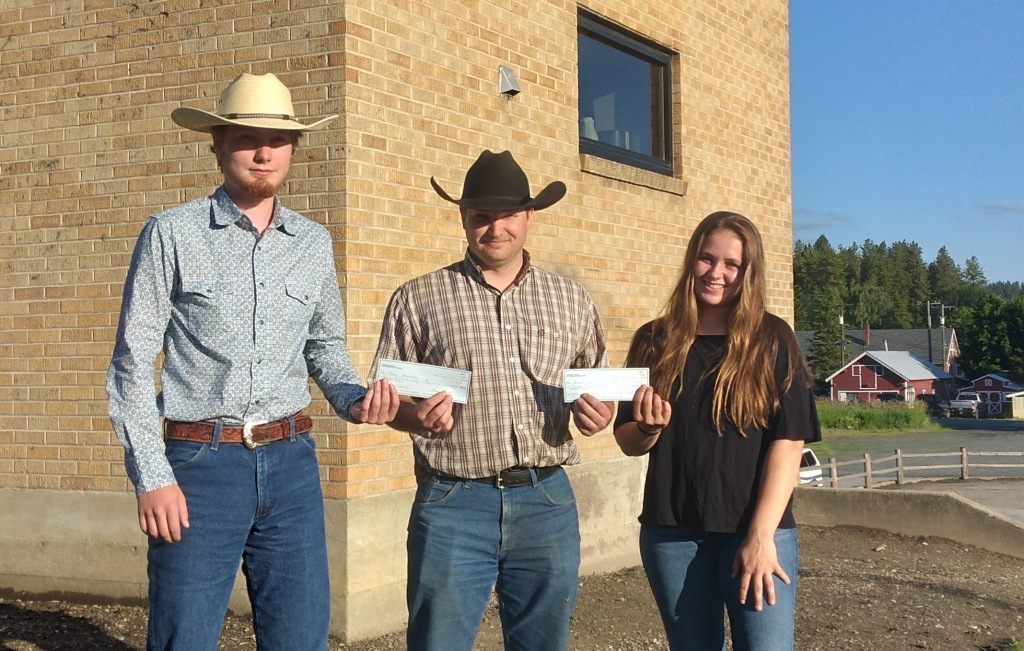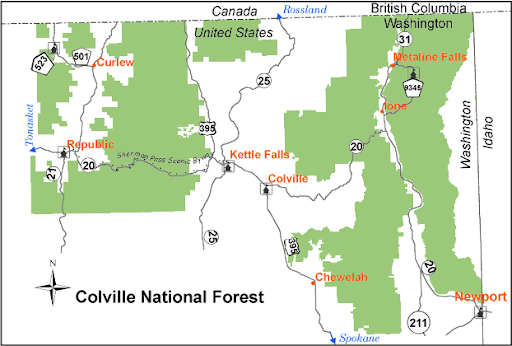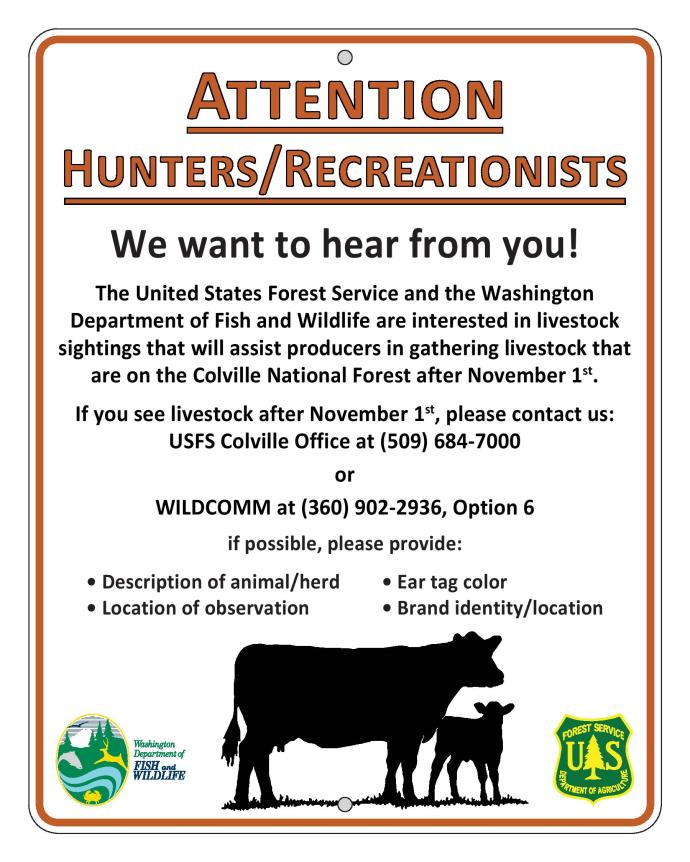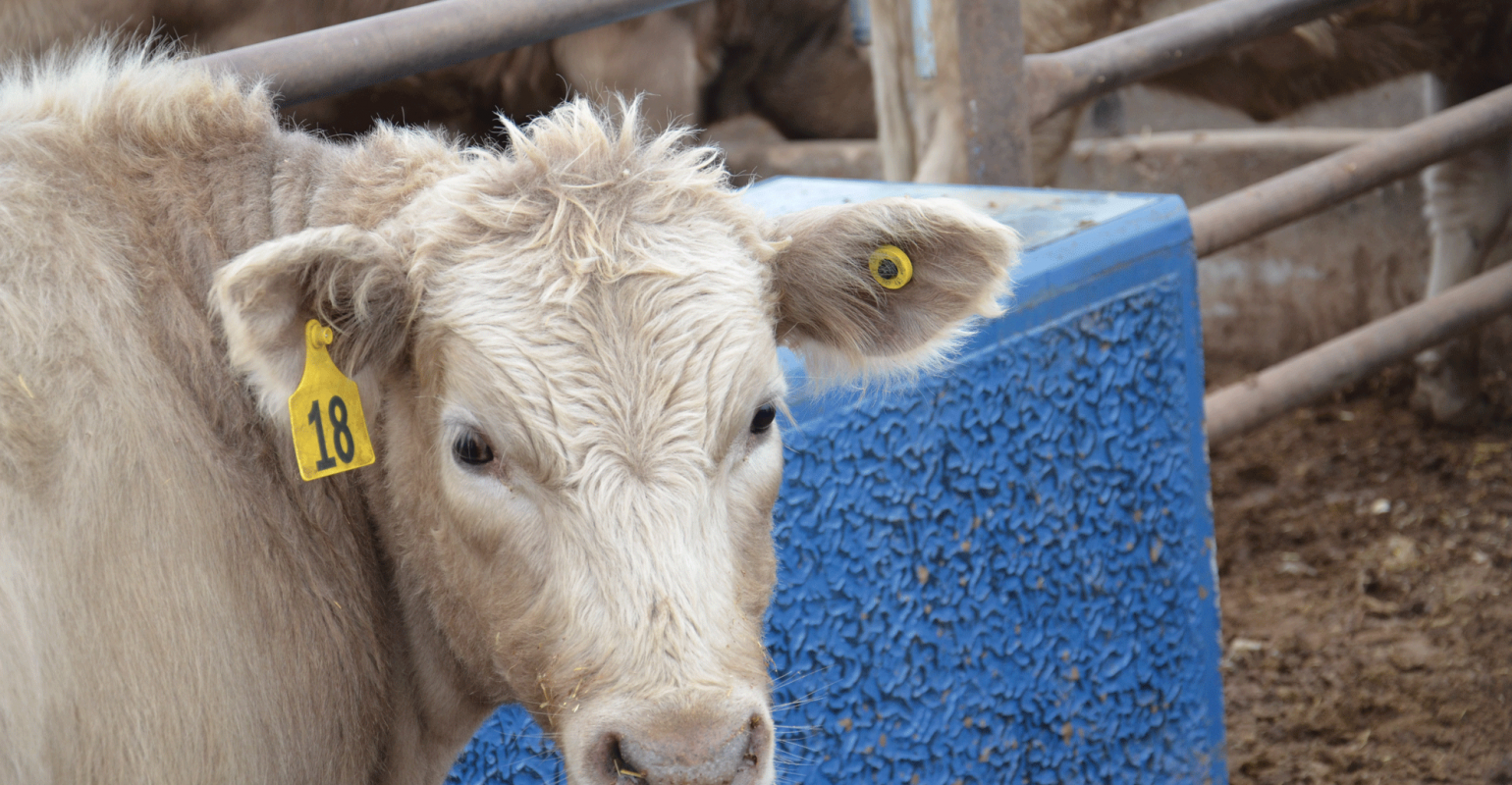Biggest sale to date benefits local youth
The Stevens County Cattlemen’s Association Fat Stock Sale cleared the largest sale total ever, with $328,394 going to support local youth.
The sale that is dedicated to allowing young people to sell the animals they raised to show for the area fair, has gained participants and popularity in recent years.
During 2022, the show featured 39 beef, 68 hogs, 7 goats, 23 sheep and 1 rabbit.
SCCA President Scott Nielsen said the association is enthusiastic about the 2022 sale results and is proud to support local youth.
“Our association sponsors this sale every year and we are encouraged to see young people putting in the hard work and dedication to raise quality animals,” Nielsen said. “It is also a great reflection on our community that so many generous buyers stepped up to participate in the sale.”
As an added bonus, SCCA also issued special awards to those youth selling high quality stock and placing in a judging competition. The following young people received additional monetary awards from SCCA:
Grand Champion Beef, Ashley Rost, 4-H, Colville 1,452 lbs. bought by Country Store
Reserve Champion Beef, Cameron Dell, Grange, Colville 1,464 lbs. bought by Country Chevrolet
Beef additional monetary award sponsored by Wishon Cattle Co.
Grand Champion Swine, Ethan Bolt,FFA, Rice, 288 lbs. bought by Geoff Christianson, Prosecuting Attorney candidate
Reserve Champion Swine, Karsyn Woodbury, 4-H, Kettle Falls, 282 lbs. bought by Laduke and Fogle Equipment
Swine additional monetary award sponsored by Laduke and Fogle Equipment
Grand Champion Sheep, Keslee Tellessen, 4-H, Usk, 150 Lbs.
Reserve Champion Sheep, Abby Flood, 4-H, Colville, 139 lbs. bought by Mark Burrows, Stevens County Commissioner and Ramona Colvin, Stevens County Coroner Candidate
Sheep additional support sponsored by E Z Knit Fabrics
Grand Champion Goat, Georgia Richartz, 4-H, Kettle Falls, 110 lbs. bought by Les Schwab Tire
Reserve Champion Goat,, Serenity Dean, Grange, Chewelah, 104 lbs. bought by Country Store
Goat additional support sponsored by Hope Transportation
Champion Pen of Rabbits, Owner/Showman: Ruby Dean,
Buyer: Colville Toyota




